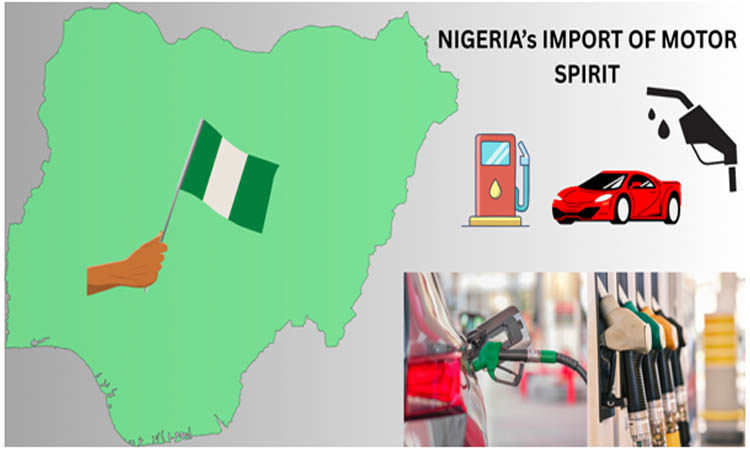
- Jun 13, 2025
Nigeria's Import Dependency on Motor Spirit (Petrol): A Review of Economic Factors and Strategic Consequences
Ironically, Nigeria, the biggest oil producer in Africa, nevertheless depends largely on imported refined petroleum products, especially Premium Motor Spirit (PMS), or gasoline. According to an Import Globals analysis on Nigeria Import Data, the nation has large reserves of crude oil, but its poor capability for refining it has made it necessary to import a lot of gasoline to meet domestic demand. Examining the economic ramifications, significant import partners, international exporters, and the strategic significance of PMS to Nigeria's economy, this blog explores the country's patterns in gasoline imports from 2020 to 2024.
Nigeria's Economic Indicators and GDP
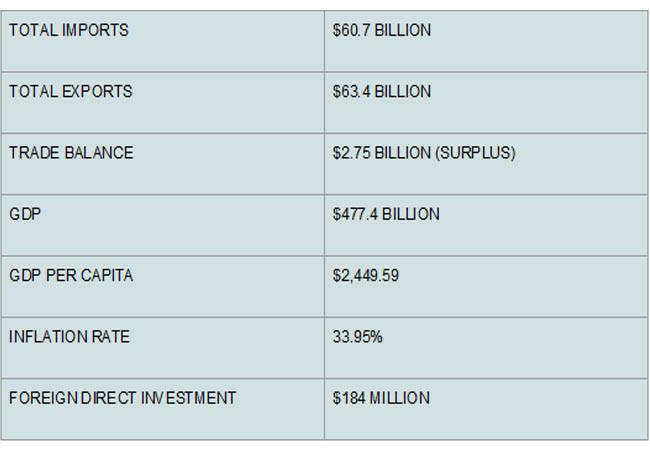
Important Takeaways:
Economic Growth: According to Nigeria Import Data From Import Globals, the services sector and a rise in commerce were the main drivers of Nigeria's 3.1% GDP growth in 2024.
Trade Performance: With $63.4 billion in exports and $60.7 billion in imports, the nation had a $2.75 billion trade surplus.
Inflation and Currency Depreciation: The naira's notable 40.9% depreciation and growing expenses in critical industries contributed to inflation, which reached 33.95%.
Fiscal Measures: Efforts to increase revenue production and fiscal discipline are shown in the fiscal deficit's reduction to 4.3% of GDP, according to Nigeria Import Data.
Investment Climate: Growing investor confidence was demonstrated by foreign direct investment, which increased to $184 million in Q4 2023.
These metrics demonstrate Nigeria's continuous attempts to stabilize its economy in the face of both local reforms and international obstacles, according to Import Globals' Analysis on Nigeria Export Data.
Overview of Nigeria's Imports (2020–2024)
Global oil price fluctuations, currency rate volatility, and changes in local policies have all had an impact on Nigeria's trade dynamics over the last five years, according to study by Import Globals on Nigeria Import Export Trade Data.
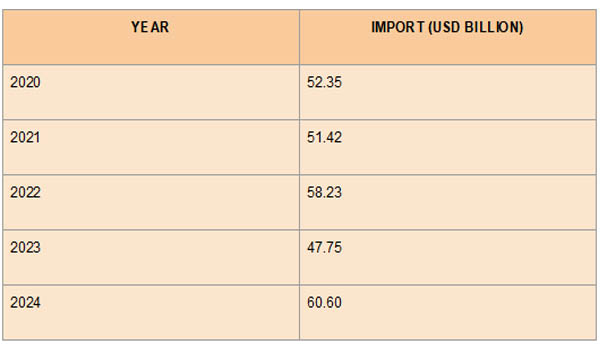
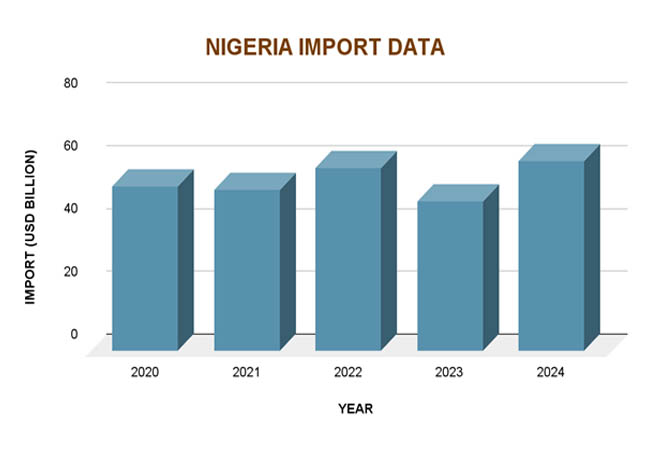
Motor Spirit: What is it?
Often referred to as petrol or gasoline, motor spirit is a clear liquid made from petroleum that is mostly utilized as fuel in internal combustion engines. A light petroleum product, motor spirit is mostly utilized as fuel in internal combustion engines, particularly those used in cars and motorcycles. Crude oil is fractionally distilled to create it, and additives are occasionally added to enhance engine performance and lower emissions.
Standards of Quality
Several factors determine the quality of motor spirit:
- Fuel Resistance: Fuel's resistance to knocking is indicated by its octane rating; higher ratings indicate higher quality.
- Sulfur Content: Engine corrosion and emissions are decreased by lower sulfur levels.
- Additives: Antioxidants and detergents improve performance and prolong shelf life.
Nigeria complies with international standards, guaranteeing imported motor spirit satisfies particular quality benchmarks, according to a report by Import Globals on Nigeria Import Custom Data.
Relevance of Motor Spirit to Nigeria
- Economic Significance: Nigeria produces more crude oil than any other country in Africa, but its domestic processing capability is insufficient. To meet domestic fuel demand, the nation mainly depends on imported refined petroleum products, particularly motor spirit.
- Energy Supply Backbone: According to Nigeria Import Data, motor spirit powers small enterprises, transportation, generators, and the unorganized sector, all of which are essential to Nigeria's economy, particularly in light of the unstable electrical grid.
- Politics and Subsidies: Nigeria has long maintained fuel subsidies to keep gas prices low, which makes motor spirit a politically sensitive product in addition to an economic one.
Principal Motivators
- Population increase (there are more than 220 million people in Nigeria)
- Low output of home refineries (local refineries only partially operate)
- Continued demand for fuel despite modifications to subsidies
Imports of Motor Spirit: 2020–2024
A report on Nigeria import trade analysis by IMPORT GLOBALS claims that throughout the last five years, Premium Motor Spirit (PMS) has continuously been the most imported good in Nigeria.
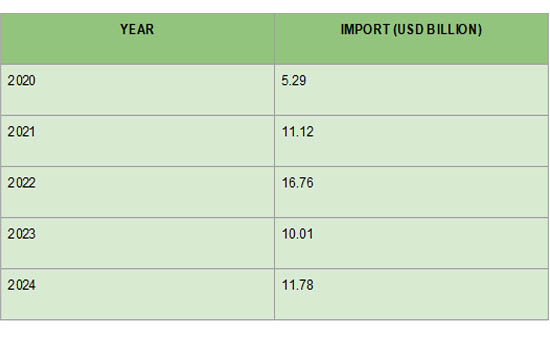
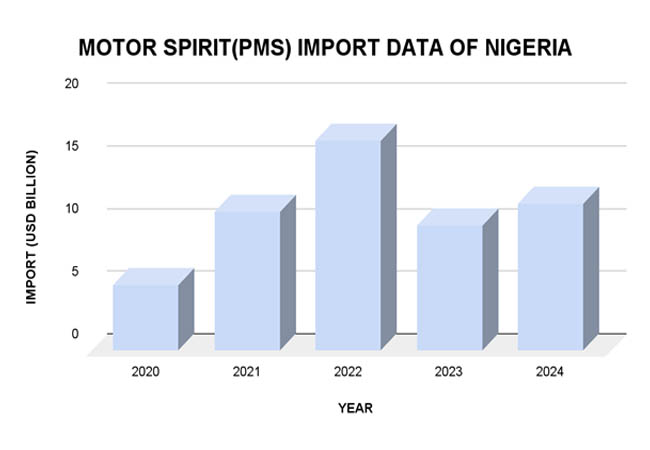
Key Findings of Motor Spirit Import
These patterns highlight the urgent need for Nigeria to improve its local refining capabilities in order to lessen reliance on imported gasoline and ease pressures on the country's foreign exchange, per research published by Import Globals on Nigeria Export Data.
2020–2021: Due to rising demand and fluctuations in the world oil price, the import value more than doubled.
2022: The biggest foreign exchange expenditure was seen in 2022, when imports peaked in USD terms.
2023: The withdrawal of subsidies and changes in consumption are shown by a slight drop in the value of the USD.
2024: The USD value dropped as a result of severe currency devaluation, even as the Naira reached a record high.
Principal Importers of Motor Spirit
Nigeria imports gasoline from many important trading partners. According to Import Globals' Nigeria Import Trade Statistics, these nations supply a variety of goods, including motor spirit and other refined petroleum products.
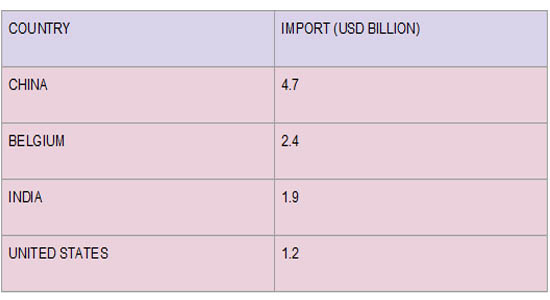
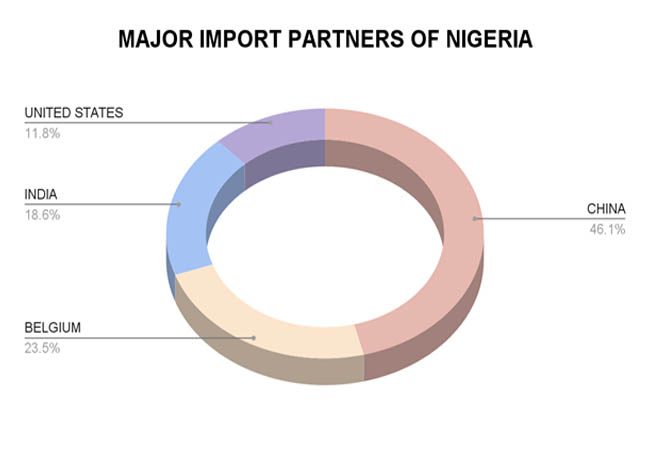
Motor Spirit Exporters Worldwide
Several high-income economies are the world's top exporters of refined petroleum products, notably motor spirit. These nations are significant suppliers of motor spirit and other refined petroleum products to international markets, according to Nigeria Import Shipments Data From Import Globals.
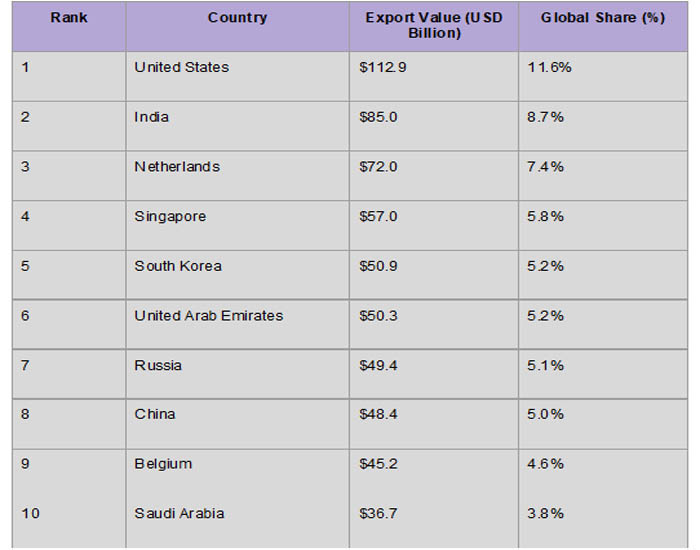
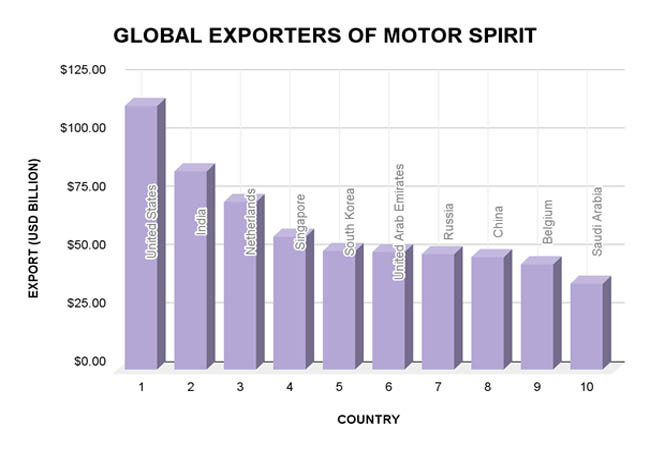
Motor Spirit's Strategic Value to Nigeria
Nigeria's economy and Daily Lives depend heavily on Motor Spirit:
- Transportation: According to the Nigeria Import Export Trade Analysis, it powers most automobiles, enabling the flow of people and products.
- Power Generation: Because of the unstable energy supply, a large number of homes and businesses rely on gasoline-powered generators.
- Economic Activity: Inflation and economic stability are directly impacted by the price and availability of gasoline.
Challenges with Domestic Refining
There are Still Issues Despite Initiatives to Increase Local Refining Capacity:
The Dangote Refinery can produce 650,000 barrels per day, but it has not yet reached full operational capability, according to a report by Import Globals on Nigeria Export Import Global Trade Data. The State-owned refineries’ contribution to domestic supply has been limited due to rehabilitation delays at facilities in Port Harcourt, Warri, and Kaduna.
Due to these difficulties, meeting domestic demand will require a continuous reliance on imports.
Trends in Pricing and Forecasting
Changes in the currency rate and worldwide oil prices have an impact on the price of gasoline in Nigeria. Despite relatively steady dollar-denominated prices, the devaluation of the naira in 2024 led to a large increase in import expenses, according to research by Import Globals on Nigeria Import Export Global Data.
To lessen these cost pressures, efforts must be made to stabilize the currency and increase local refining capabilities.
In conclusion
Nigeria's significant reliance on imported motor spirit highlights the pressing need to stabilize the local currency and expand domestic refining capacity. While projects like the Dangote Refinery give hope, continued investment, consistent policy, and infrastructure development are necessary to achieve energy self-sufficiency, according to Nigeria import data.
If you are looking for detailed and up-to-date Nigeria Export Data, You Can Contact Import Globals.
FAQs
1. Despite producing oil, why does Nigeria import motor spirit?
Ans. Motor spirit and other refined petroleum products must be imported since Nigeria lacks adequate domestic refining capacity.
2. How does Nigeria's gasoline supply depend on the Dangote Refinery?
Ans. With a daily production capacity of up to 650,000 barrels of refined goods, the Dangote Refinery seeks to lessen Nigeria's reliance on imported gasoline.
3. What impact does the importation of motor spirit have on Nigeria's economy?
Ans. Excessive reliance on imports puts pressure on foreign reserves, raises the cost of subsidies, and leaves the economy vulnerable to fluctuations in the price of oil globally.
4. Who are Nigeria's primary import partners for motor spirit?
Ans. China, Belgium, India, the United States, and the Netherlands are important partners.
5. Where to obtain detailed Nigeria Import Data?
Ans. Visit www.importglobals.com or email info@importglobals.com for more information on up-to-date Nigeria Import Data.
